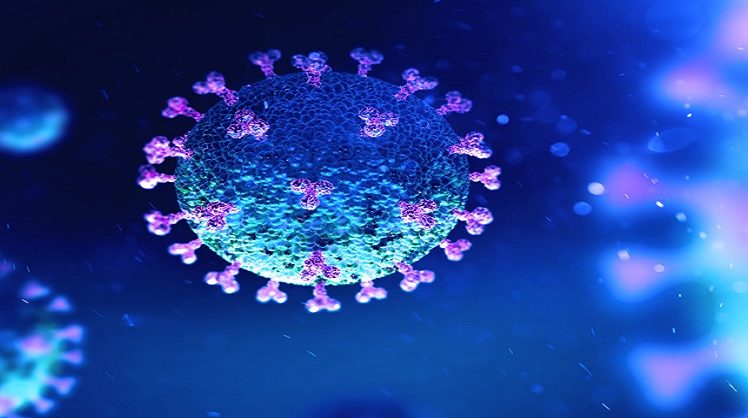Dichiarazione della Commissaria dei diritti umani del CdE del 6 aprile 2020
I call on Council of Europe member states to safeguard the rights and health of all persons in prison during the COVID-19 pandemic.
Convicted prisoners and persons on remand are among those most vulnerable to viral contagion as they are held in a high-risk environment: in general, detention facilities are not adapted to face large-scale epidemics, and the basic protective measures such as social distancing and hygiene rules cannot be observed as easily as outside, exposing prisoners to greater health risks. Furthermore, in many European countries the pandemic strikes in a context of overcrowded prisons and poor detention conditions in cramped, collective cells, with unsatisfactory health services, as well as higher rates of infectious and chronic diseases among detainees, such as tuberculosis, diabetes and HIV. Across Europe, a number of contaminations and some COVID 19-related deaths in prison have already been reported; tension in prisons has increased since the beginning of the pandemic crisis, leading to acts of protest (sometimes violent) in reaction to restrictions on visits or other activities.
To prevent large-scale coronavirus outbreaks in places of detention, several member states initiated the release of certain categories of prisoners. Many others are adapting their criminal justice policies in order to reduce their prison population through various means, including temporary or early releases and amnesties; home detention and commutation of sentences; and suspending investigations and the execution of sentences. I strongly urge all member states to make use of all available alternatives to detention whenever possible and without discrimination.
According to the relevant human rights standards as indicated by the European Committee for the Prevention of Torture and Inhuman or Degrading Treatment or Punishment (CPT) in its COVID-19 Statement of Principles, the resort to alternatives to deprivation of liberty is imperative in situations of overcrowding and even more so in cases of emergency. Particular consideration should be given to those detainees with underlying health conditions; older persons who do not pose a threat to society; and those who have been charged or convicted for minor or non-violent offences. The decrease of the prison population is indispensable across Europe to ensure the effective implementation of the sanitary regulations and to ease the mounting pressure on prison personnel and the penitentiary system as a whole. Meanwhile, those released from detention who need support should be given appropriate access to emergency accommodation and basic services, including health care. Clearly, in this context, it is also all the more imperative that those persons, including human rights defenders, activists and journalists, who are – in some member states – detained in violation of human rights standards be immediately and unconditionally released.
Governments should also ensure that during the COVID-19 pandemic the human rights of all those who remain in detention are upheld while taking the specific needs of the most vulnerable detainees, persons with disabilities, pregnant women and juvenile detainees into account. Any restrictions imposed on detainees should be non-discriminatory, necessary, proportionate, time-limited and transparent. For instance, where restrictions to family visits and other outside contacts appear necessary, they should imperatively be mitigated by alternative arrangements such as extended access to phone or video communications. The absolute nature of the prohibition of torture and ill-treatment should never be compromised by measures taken in prisons including in the case of isolation for health reasons. All measures should be taken to protect the right to life and to health of prisoners and prison staff in line with WHO Europe’s recommendations. As stressed by the IASC Interim Guidance, prisoners should continue to have access to information, legal assistance and independent complaint mechanisms. Prison monitoring mechanisms should be able to continue to oversee the situation while taking precautions to avoid exposing people to further risks (“do no harm” principle).
To effectively meet the challenge of fighting the coronavirus outbreak in places of detention, member states should urgently adopt and implement a humane and comprehensive crisis plan supported by adequate human and financial resources, and which caters to the needs of those who leave prisons, those who remain in detention and prison staff. This should be done in consultation and co-operation with relevant human rights stakeholders, in particular National Preventive Mechanisms, other independent monitoring bodies, national human rights structures and human rights NGOs.



